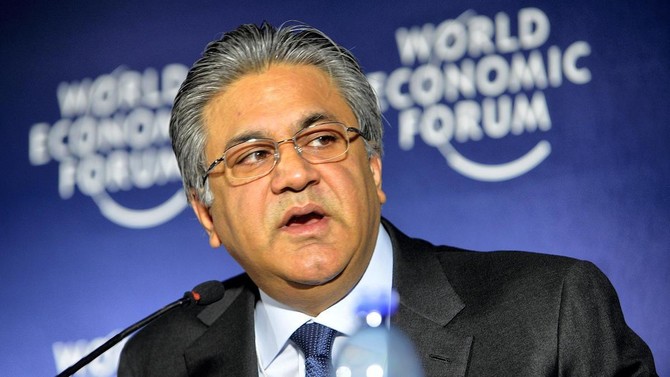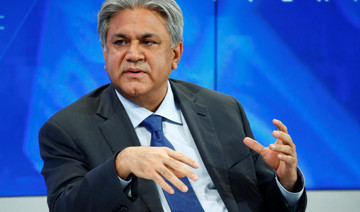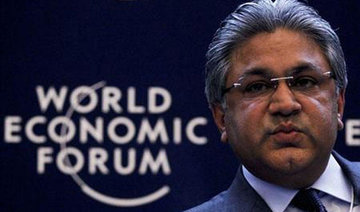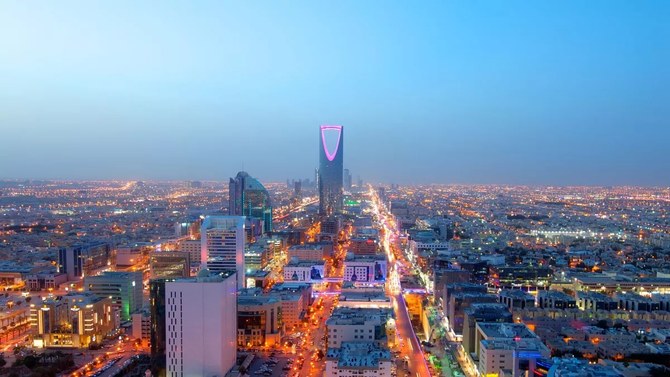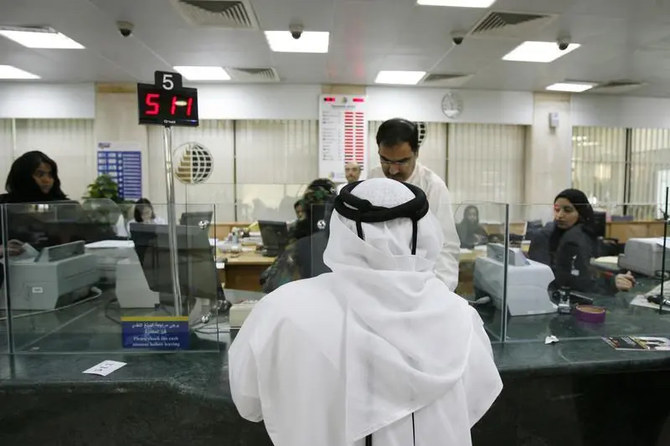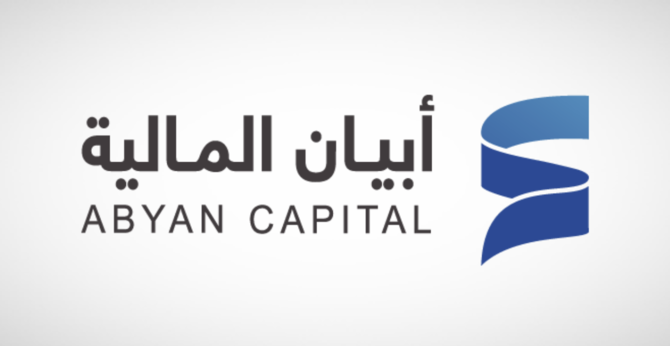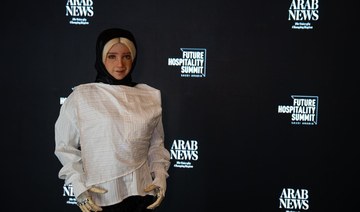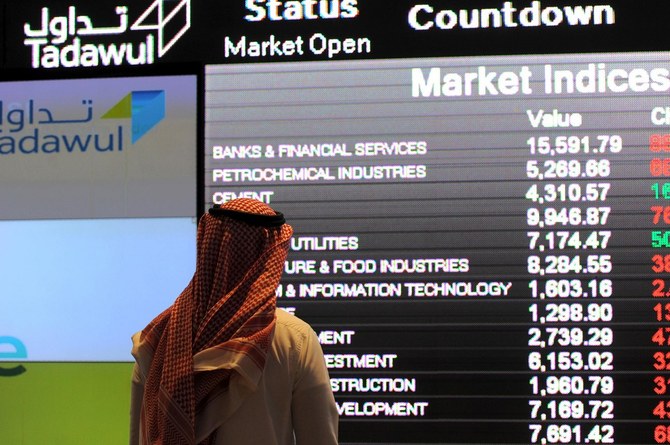DUBAI: Arif Naqvi sought an “emergency short term loan” of $300 million from Hamid Jafar of Sharjah to keep the embattled private equity group Abraaj alive, according to a statement from the Jafar’s lawyers, Al Tamimi & Co.
The allegation — rejected by Abraaj legal advisers — came after a court hearing in Sharjah, UAE, which kept in place an arrest warrant against Naqvi on grounds of dishonored cheques, a criminal offense in the Emirates. A further hearing will take place next week.
The statement by Al Tamimi marks an escalation in the flashpoint confrontation between Naqvi and his erstwhile business partners, which is threatening to derail efforts to save the group, which last year declared assets under management of nearly $14 billion.
The scandal has cast a cloud over the emerging markets investment industry, and the Dubai financial hub, where Abraaj is based.
Abraaj is in the course of restructuring its Cayman Islands holding company and selling parts of its asset management business.
Legal action brought earlier this week named Naqvi as the signatory of a cheque to the value $48.2 million, payable to Hamid Jafar, founder of the Crescent Group conglomerate of Sharjah, and sought his arrest by UAE authorities.
But the statement issued after court proceedings yesterday said: “Three cheques signed by Arif Naqvi totaling an amount of $300 million were presented to the bank and subsequently dishonored due to insufficient funds. These cheques stem from an emergency short-term loan made to Abraaj management six months ago, without which Abraaj would likely have collapsed.”
It added: “The loan was a reflection of the trust placed in Arif Naqvi. In time, however, it has emerged that the promises were not made in good faith, and that there was no intention of repaying the debt. It has also now become apparent that the representations made at the time the loan was requested and the cheques provided were false and misleading and the funds have been used for wholly other purposes, whilst the debt remains unpaid.”
It remains unclear as to what purposes the funds were used. The loan was advanced before news that $200 million of investor funds had been “co-mingled” — mixed into other vehicles for which they were not originally intended — by Naqvi.
Al Tamimi added: “Over the past day the accused has made attempts to negotiate a resolution of this claim, but without acceptable proposals and yielding no result.”
A response to Arab News from Habib Al-Mulla, executive chairman of Baker & McKenzie Al Mulla, the law firm representing Naqvi, dismissed the allegations.
He said: “This statement is not correct. The parties have been in continuous discussions on repayment terms and the cheques and the complaint to the prosecution (of Sharjah) were submitted during the course of the negotiations. If there was bad faith, then it is by the Jafars.”
Al Tamimi added: “This case and the continuing issues at Abraaj Capital center on a breach of trust of investors, creditors and stakeholders who have sought an orderly resolution to Abraaj’s issues. The issue of comingling of funds is proven, and the fundamental violations of trust continue to escalate.”
Signing a cheque with insufficient funds is a criminal offense under UAE law.
Naqvi was not at the Sharjah law hearing, fearing that he will be arrested if he returns to the UAE.
An earlier version of this story referred to ‘Hamad’ Jafar. The correct spelling of this individual's name is in fact Hamid. It also referred to a rescue loan from Hamid Jafar to Abraaj being made in February. It was in fact made in December. The above text has been amended accordingly. It has also been amended to eliminate references to the Jafar family as a whole, as the focus is on one individual from that family.


